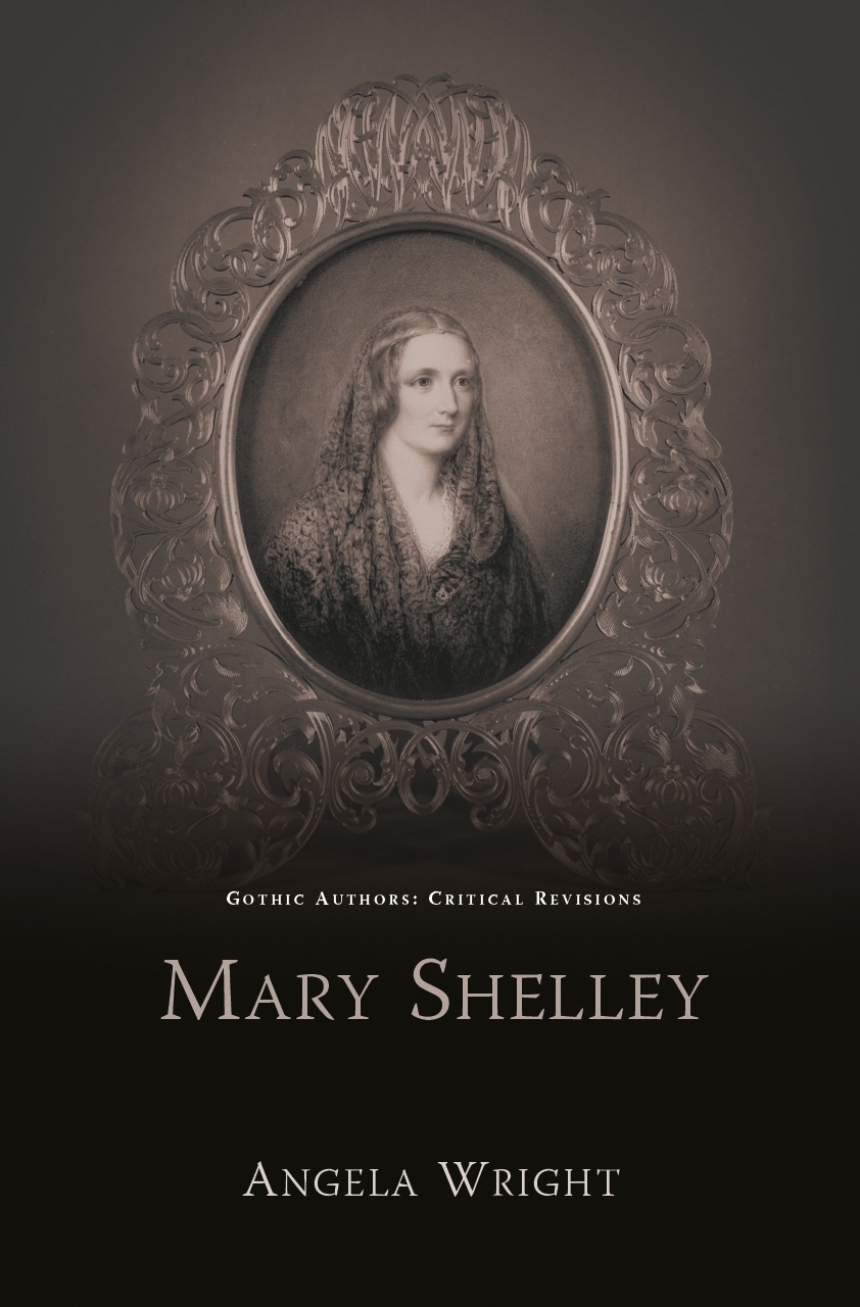Distributed for University of Wales Press
Mary Shelley
Two hundred years after its initial publication, Mary Shelley’s Frankenstein remains one of the most masterful examples of Gothic literature. In Mary Shelley, Angela Wright reappraises the significance of Frankenstein alongside others of Shelley’s works in order to display the significance and fluctuating meanings of the Gothic style during the Romantic period. She offers fresh scholarly readings of both the 1818 and 1831 editions of Frankenstein, as well as chapters upon the fiction that Shelley composed in between both editions and later in the 1830s.
In its broader examination of Mary Shelley’s work, this book is the first of its kind within the field of Gothic studies. Alongside sustained explorations of Frankenstein, Matilda, Valperga, and The Last Man, Wright also examines some of the shorter essays and tales that the author composed for contemporary magazines. Studying Shelley’s parental heritage, her infamous relationship with Percy Bysshe Shelley, and her experiences during the summer of 1816, when she wrote Frankenstein, Wright offers a thoroughly contextualized appraisal of the author and her works that reexamines the extent to which Shelley participated in and redirected the Gothic tradition.
In its broader examination of Mary Shelley’s work, this book is the first of its kind within the field of Gothic studies. Alongside sustained explorations of Frankenstein, Matilda, Valperga, and The Last Man, Wright also examines some of the shorter essays and tales that the author composed for contemporary magazines. Studying Shelley’s parental heritage, her infamous relationship with Percy Bysshe Shelley, and her experiences during the summer of 1816, when she wrote Frankenstein, Wright offers a thoroughly contextualized appraisal of the author and her works that reexamines the extent to which Shelley participated in and redirected the Gothic tradition.
192 pages | 1 halftone | 5 1/2 x 8 1/2 | © 2017
Gothic Authors: Critical Revisions
Literature and Literary Criticism: General Criticism and Critical Theory

